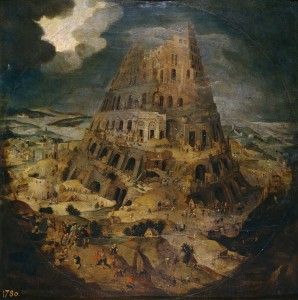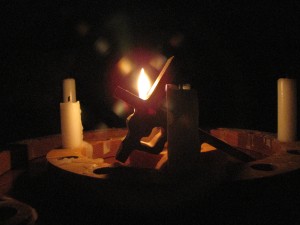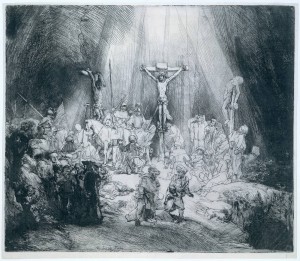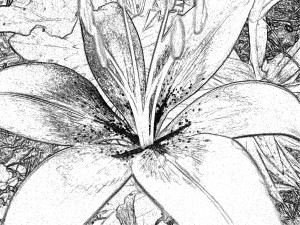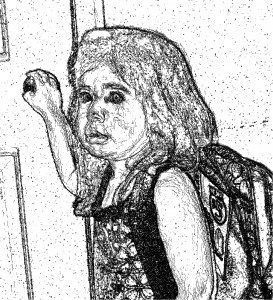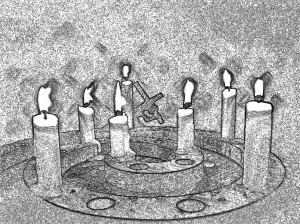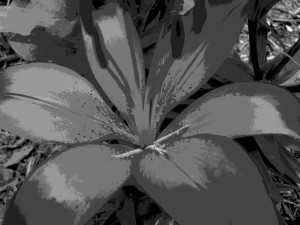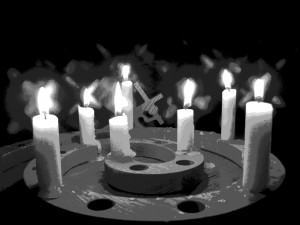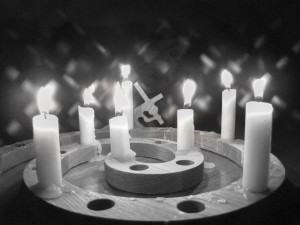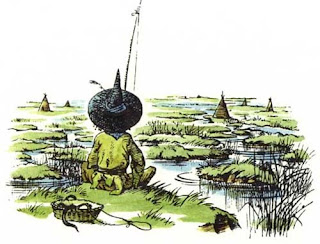I hate admitting that I cannot do something. I have experienced quite a few tragedies that occurred because I was unable to swallow that thing inside of me that rises up and prevents me from asking for help.
The one notable exception is raising children. I am all about seeking out advice when it comes to my children (which is its own problem because too much advice leads to indecision which invariably leads to paralysis). This is not by any particular virtue of my own, rather it is because I am completely terrified of irreversibly messing up another human being.
Messing up my own life, however, is fine, because whatever the thing is, I can do it.
Even if I cannot.
This causes a definite problem, however, when it comes to my faith. I want to be able to be good enough, to make myself righteous enough, to climb up the ladder and reach God all on my own.
I would have done well in Babel.
I want to do it myself so that I can then take credit. I want to be proud of my own accomplishments. I want, in short, to seek and worship myself.
God, however, is quite clear. We can never rise up to Him, so He, in His infinite mercy, came down to us.
This is folly and this is scandal. It cannot be understood by our own reason and intelligence. This is offensive. It offends our pride to know that there is nothing for us to do.
God is too high and holy and our sin is too deep and depraved for us to be able to reach God.
Our souls become crippled and cramped by trying to rise to the highest height. The end is despair, or a self-righteousness that leaves room neither for love of God nor for love of others. ~ Emil Brunner
It hurts as a crucifixion always does, but I must crucify myself and admit that I cannot reach God. I cannot be good enough and I cannot make myself righteous.
So God descends to us at Christmas and finishes His descent on Good Friday. What is His goal and where does He end His descent? He ends where we belong. In Hell. Our rightful place is separation from God, which is hell, and God descends down to hell.
Jesus experiences our separation from God and despairs of loneliness from God so that we can be free of it. He descends all the way down so that He can lift us out and reconcile us to God. It is the only way.
If the only way to receive God’s Spirit and nevermore to be separate from Him is to admit that I cannot do it, I will crucify my pride every single day and bow my head to the ground in worship and thanksgiving.
I will confess: I cannot.
Art Credits: Construction of the Tower of Babel painting by Pieter Brueghel the Younger; The Three Crosses by Rembrandt


